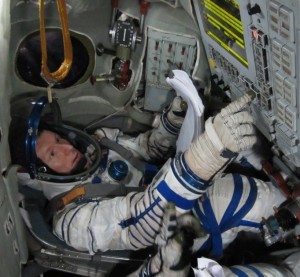This site is an archive, I’m an Astronaut project ran from 2015 to 2016, for more information go to mangorol.la
About the Launch Zone
‘3.. 2… 1… ‘ WHOOOMB! You’re lifting off, launching from Earth to space in a tiny capsule atop a giant controlled explosion, experiencing a feeling fewer than 600 people have felt before.
It’s been described as riding an enormous wave, or being pushed and lifted by a giant’s hand, whilst being simultaneously shaken in the jaws of a gigantic dog. Different engines switching off and kicking in again throw you momentarily forward before crushing you back into your seat with a force four times that of normal gravity.
Even though the acceleration is huge, you don’t pass out: lying on your back means that your blood is pushed to your brain and you won’t miss a moment of the trip. In just fifteen seconds the view in front of you fades from the blue sky of daylight to the pitch black of space. In less than ten minutes you’re weightless and in six hours you’ll arrive at the International Space Station.
This is the experience that awaits Tim Peake on 15th December. But he won’t be doing it alone. In the Launch Zone you’ll meet the people whose work makes human spaceflight possible. There’s a scientist who develops new space suits, and one who researches how astronauts can take better care of their bodies.
There’s also an engineer in Antarctica who tries to understand the challenges of engineering in space, a scientist whose experiment is flying up to the ISS, and a flight director who’ll be talking to Tim once he’s safely on board the space station.


